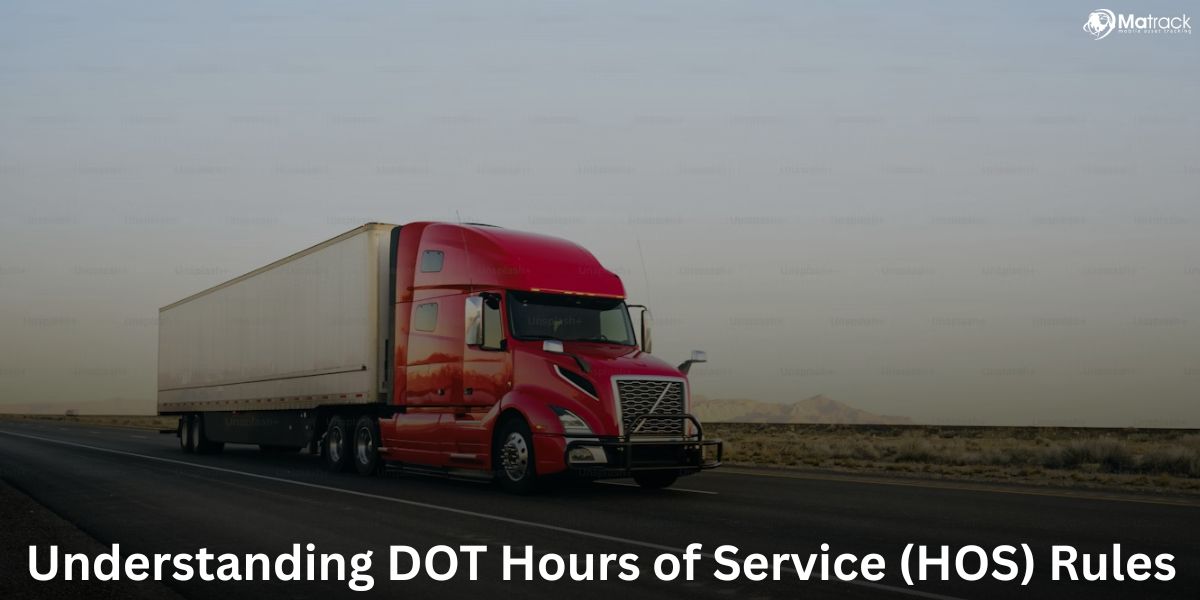Key Takeaways:
- A truck dispatcher coordinates freight movement by assigning loads, tracking shipments, and handling communication between drivers, brokers, and customers.
- To start as a truck dispatcher, you need industry knowledge, key skills like problem-solving and organization, and training in dispatch software.
- You can either work for a trucking company with a steady salary or run your own dispatching business for greater flexibility and higher earnings.
- Growing as a dispatcher requires using industry tools, building client relationships, and following transportation regulations to ensure smooth operations.
Understanding the Role of a Truck Dispatcher
A truck dispatcher is responsible for managing communication between truck drivers, freight brokers, and customers. Their main job is to assign loads, track shipments, and handle any issues that arise during transit.
Key Responsibilities
- Assign loads to truck drivers and ensure deliveries are on schedule.
- Track shipments using GPS and dispatch software.
- Communicate with drivers and customers to provide updates.
- Handle paperwork such as load confirmations, invoices, and compliance records.
- Solve problems related to delays, route changes, or truck breakdowns.
A good truck dispatcher must be organized, quick-thinking, and able to multitask.
How to Become a Truck Dispatcher?
Step 1: Learn About the Trucking Industry
Before stepping into this career, it is important to understand how the trucking industry works. Truck dispatchers work with different types of trucking businesses, including:
- Owner-Operators – Independent truck drivers who run their own businesses.
- Freight Brokers – Companies that connect shippers with carriers.
- Trucking Companies – Large fleets with dedicated dispatching teams.
Industry Terms to Know
- Bill of Lading (BOL) – A document that outlines shipment details.
- Deadhead Miles – The distance a truck travels without carrying cargo.
- Freight Lanes – Common routes used for shipping goods.
Gaining knowledge of these terms and industry trends will help you communicate effectively with drivers and clients.
Step 2: Develop the Right Skills
A successful truck dispatcher needs a mix of communication, organization, and technical skills.
Essential Skills
- Communication – Dispatchers must coordinate with drivers, brokers, and customers.
- Time Management – Keeping track of multiple shipments and schedules requires efficiency.
- Problem-Solving – Delays, truck breakdowns, and route changes require quick decision-making.
- Technical Proficiency – Dispatchers use software to assign loads, track trucks, and manage invoices.
If you are comfortable with multitasking and handling high-pressure situations, you will do well in this role.
Step 3: Get the Necessary Training
Formal education is not required to become a truck dispatcher, but training can help you start with confidence.
Educational Options
- High School Diploma or GED – Minimum requirement for most dispatch jobs.
- Truck Dispatcher Training Courses – Many online courses cover the basics of dispatching, load booking, and software use.
- Freight Broker Certification (Optional) – Can be useful if you want to expand into freight brokerage.
Gaining Practical Experience
If possible, gain experience by working as a dispatch assistant, freight coordinator, or customer service representative in a trucking or logistics company. This will help you understand dispatching in real-world settings.
Step 4: Choose a Career Path
There are two main ways to work as a truck dispatcher:
1. Work for a Trucking Company
- Fixed salary with benefits such as health insurance.
- Job stability with set working hours.
- Less financial risk compared to running a business.
2. Start Your Own Dispatching Business
- Flexibility to work from home and set your own schedule.
- Higher income potential, especially with multiple clients.
- Requires investment in business setup, software, and marketing.
Each path has its own advantages. If you prefer a stable job, working for a trucking company may be a better fit. If you want more control and earning potential, starting a dispatching business can be rewarding.
Step 5: Learn and Use Dispatching Tools
Truck dispatchers rely on technology to find loads, track shipments, and communicate with drivers.
Commonly Used Software
- Load Boards – DAT Load Board, Truckstop (used for finding loads).
- Dispatching Software – Samsara, KeepTruckin (for fleet tracking and management).
- Accounting & Invoicing – QuickBooks, FreshBooks (for managing finances).
- Communication Tools – Slack, Google Voice, WhatsApp (for driver coordination).
Learning how to use these tools will help you work efficiently and provide better service.
Step 6: Starting Your Own Dispatching Business
If you decide to work independently as a truck dispatcher, you need to follow a few steps to set up your business legally.
Legal and Business Setup
- Register Your Business – Choose a business structure such as LLC or sole proprietorship.
- Obtain an EIN (Employer Identification Number) – Required for tax purposes.
- Apply for a Business License – Check state and local requirements.
- Open a Business Bank Account – Keeps finances separate from personal funds.
- Set Up a Website and Marketing Strategy – Helps attract trucking clients.
Starting your own business takes effort, but it offers the potential for higher earnings and independence.
Step 7: Finding Clients and Growing Your Business
Independent dispatchers need to build a client base to keep their business running.
Ways to Find Clients
- Join load boards where truckers look for dispatching services.
- Network with owner-operators who need help managing their loads.
- Partner with freight brokers who can connect you with shipping companies.
- Use social media and trucking forums to advertise your services.
Marketing Strategies
- Create a website that explains your services.
- Offer competitive pricing to attract new clients.
- Reach out to trucking companies and independent drivers directly.
A strong reputation and word-of-mouth referrals will help your business grow.
Step 8: Staying Compliant with Regulations
The trucking industry has strict rules, and dispatchers must ensure that their operations comply with regulations.
Important Compliance Requirements
- DOT (Department of Transportation) Rules – Drivers must follow safety and work-hour regulations.
- Hours of Service (HOS) Rules – Limits the number of hours a driver can work.
- Freight and Liability Insurance – Protects against losses or damages.
Keeping accurate records and staying informed about industry regulations is important for avoiding fines or legal issues.
Step 9: Expanding Your Business and Increasing Earnings
Once you gain experience, there are ways to scale your business and increase income.
Growth Strategies
- Hire additional dispatchers to manage more clients.
- Offer additional services such as factoring or compliance consulting.
- Stay updated on industry trends and network with logistics professionals.
A well-run dispatching business can generate a high income, especially if you have multiple trucking clients.
Conclusion
Becoming a truck dispatcher is a great career choice for those who enjoy logistics, organization, and problem-solving. Whether you work for a company or start your own business, dispatching offers stability and growth potential.
If you are ready to start, begin by learning industry software, networking with truck drivers, and gaining hands-on experience. The trucking industry is always in need of skilled dispatchers, making this a solid career path for the long term.



